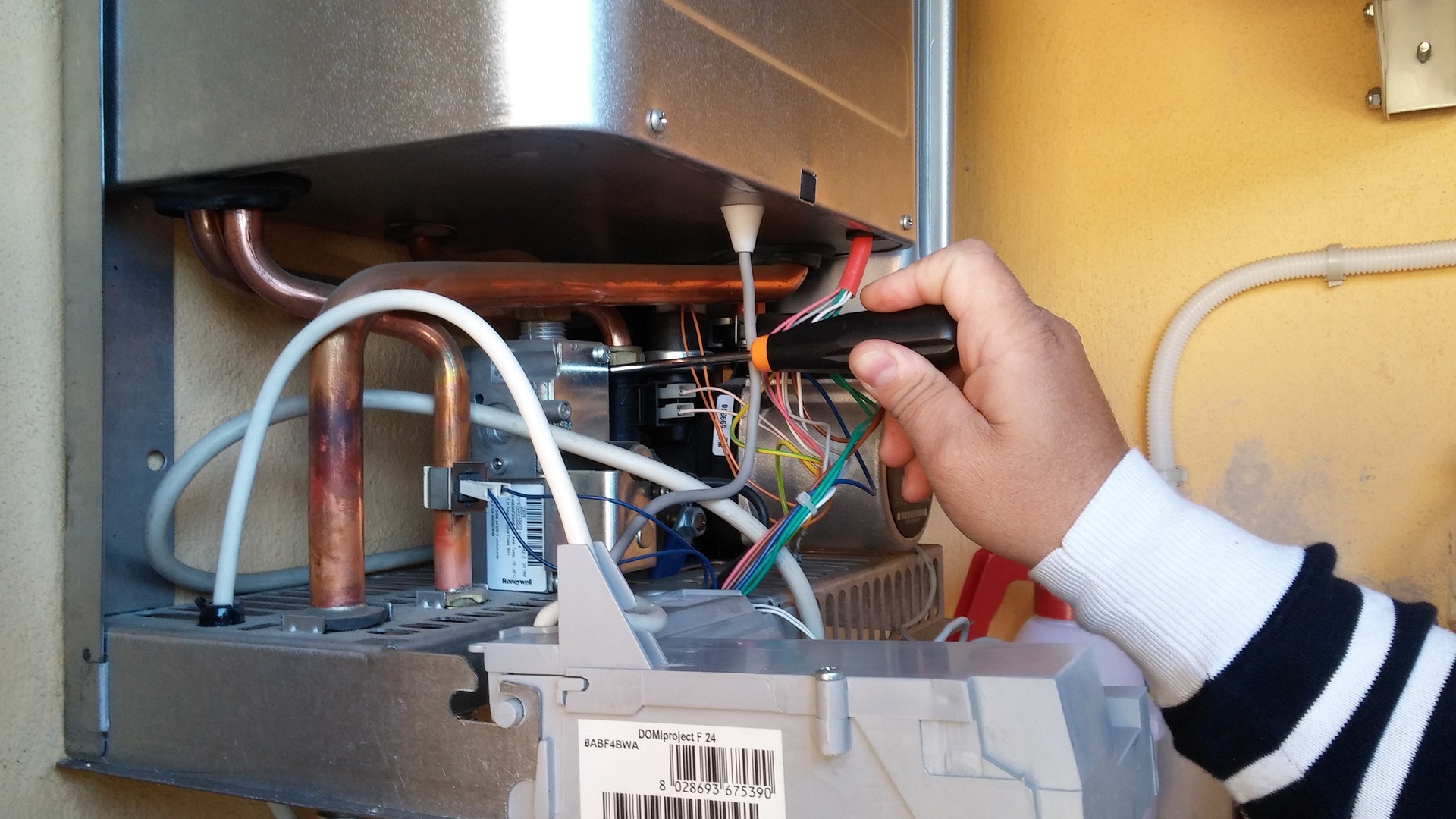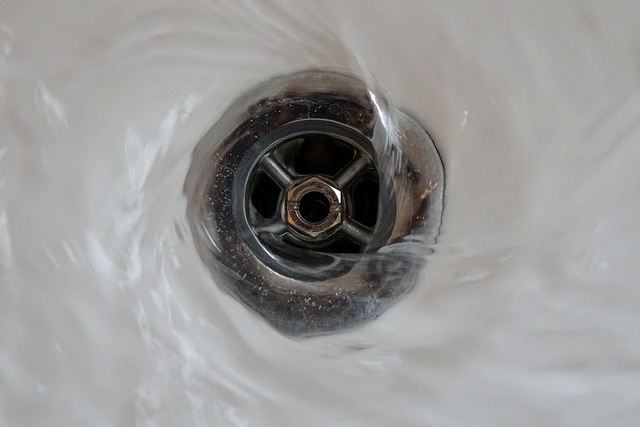Understanding How Boiler Repair Works
Boilers help heat water and homes, and sometimes they stop working the way they should. This article explains how boilers are built, what parts are inside, and how experts fix common problems. Learn about the steps used to repair boilers, from checking simple parts to replacing pieces, and explore how this work has changed over time with new tools and designs.
How Boilers Work and Their Key Components
Boiler system components work together to heat water or create steam that circulates throughout your home’s heating system. The primary elements include the heat exchanger, burner assembly, flue system, expansion tank, and circulation pump. Water enters the boiler where it’s heated by gas, oil, or electric elements, then distributed through pipes to radiators or radiant heating systems before returning to the boiler to complete the cycle.
The control systems regulate temperature, pressure, and safety functions through various sensors and valves. Modern boilers feature sophisticated electronic controls that monitor performance and can identify potential problems before they cause system failures. Understanding these components helps homeowners recognize which parts might need attention during routine maintenance or repair situations.
Common Boiler Problems That Require Professional Attention
Several issues frequently affect boiler performance and require expert diagnosis. No heat production often stems from thermostat malfunctions, pilot light problems, or fuel supply interruptions. Inadequate heating may indicate sediment buildup, faulty circulation pumps, or air trapped in the system that prevents proper water flow.
Strange noises like banging, whistling, or gurgling typically signal mineral deposits on heat exchanger surfaces, air in the lines, or pump failures. Water leaks around the unit suggest worn seals, cracked heat exchangers, or loose connections that need immediate attention to prevent property damage and maintain system efficiency.
Pressure-related problems manifest as either excessive pressure causing relief valve activation or insufficient pressure preventing proper circulation. These issues often involve expansion tank failures, water supply problems, or internal component damage requiring professional assessment and repair.
Boiler Maintenance Tips for Homeowners
Regular maintenance significantly extends boiler lifespan and prevents costly emergency repairs. Monthly tasks include checking the pressure gauge to ensure readings stay within manufacturer specifications and inspecting visible components for leaks, corrosion, or unusual wear patterns.
Annual professional inspections should include combustion analysis, heat exchanger cleaning, safety control testing, and flue system examination. Homeowners can support these efforts by keeping the area around the boiler clear, replacing air filters regularly, and monitoring energy bills for unexpected increases that might indicate declining efficiency.
Seasonal preparation involves bleeding radiators to remove air pockets, testing thermostats for accurate temperature control, and ensuring adequate fuel supplies before heating season begins. These preventive measures help identify minor issues before they develop into major repair needs.
Comprehensive Boiler Repair Guide for Understanding the Process
Professional boiler repair follows systematic diagnostic procedures to identify root causes rather than addressing symptoms alone. Technicians begin with visual inspections, checking electrical connections, examining venting systems, and testing safety controls to ensure proper operation.
Diagnostic tools help measure combustion efficiency, analyze exhaust gases, and evaluate internal pressures to pinpoint specific problems. Digital multimeters test electrical components, while pressure gauges and temperature sensors provide data about system performance under various operating conditions.
Repair procedures vary depending on identified issues but typically involve shutting down the system safely, isolating affected components, and following manufacturer specifications for part replacement or adjustment. Complex repairs might require specialized tools, factory-trained technicians, or coordination with utility companies for gas line work.
Professional boiler repair services vary in cost depending on the complexity of issues and regional market conditions. Simple repairs like thermostat replacement typically range from $150 to $400, while more complex issues involving heat exchanger work or complete component replacement can cost $800 to $2,500 or more.
| Service Type | Typical Cost Range | Common Providers |
|---|---|---|
| Diagnostic Service | $100 - $200 | Local HVAC contractors |
| Thermostat Repair | $150 - $400 | Heating specialists |
| Circulation Pump | $400 - $800 | Plumbing companies |
| Heat Exchanger | $1,200 - $2,500 | Certified boiler technicians |
Prices, rates, or cost estimates mentioned in this article are based on the latest available information but may change over time. Independent research is advised before making financial decisions.
Emergency service calls typically include additional fees for after-hours or weekend responses. Many contractors offer maintenance agreements that provide priority service and discounted repair rates for annual subscribers.
When to Call Professionals Versus DIY Approaches
Certain boiler issues require immediate professional attention for safety reasons. Gas leaks, electrical problems, pressure relief valve activation, and carbon monoxide concerns should never be addressed by homeowners without proper training and equipment.
Simple maintenance tasks like checking pressure gauges, bleeding radiators, and replacing air filters can often be performed safely by homeowners following manufacturer instructions. However, any work involving gas connections, electrical circuits, or internal component access should be left to licensed professionals.
Professional certification ensures technicians understand local codes, safety requirements, and proper procedures for handling potentially dangerous situations. Insurance coverage and warranty protection also typically require professional installation and repair services for major boiler work.
Understanding how boiler repair works helps homeowners maintain efficient heating systems while recognizing when professional expertise is necessary. Regular maintenance, prompt attention to warning signs, and working with qualified local services in your area ensures reliable operation and extends equipment lifespan. Knowledge about boiler components and common problems enables better communication with repair technicians and more informed decisions about system care and improvement.





